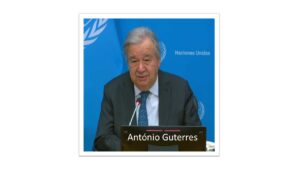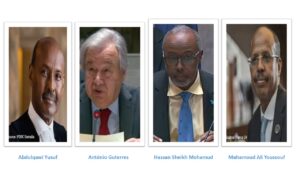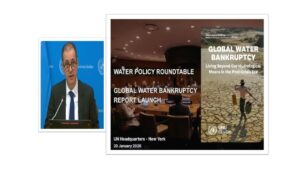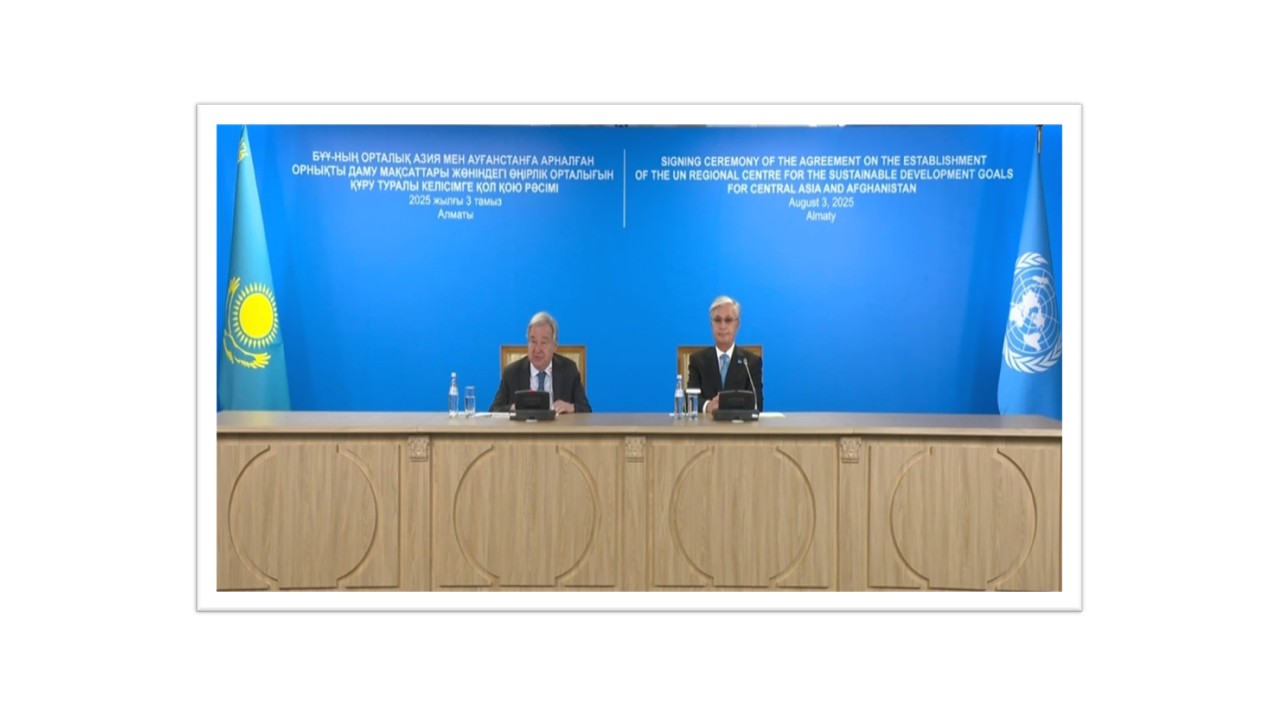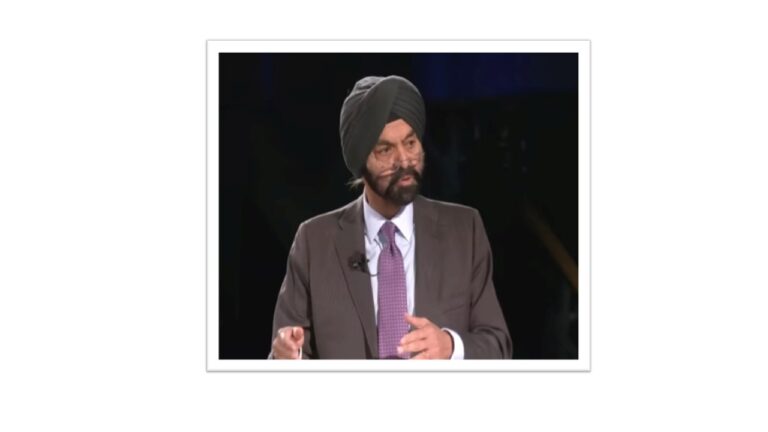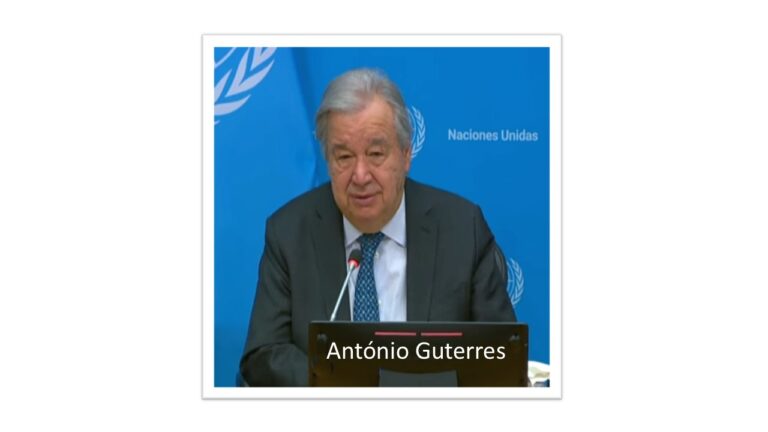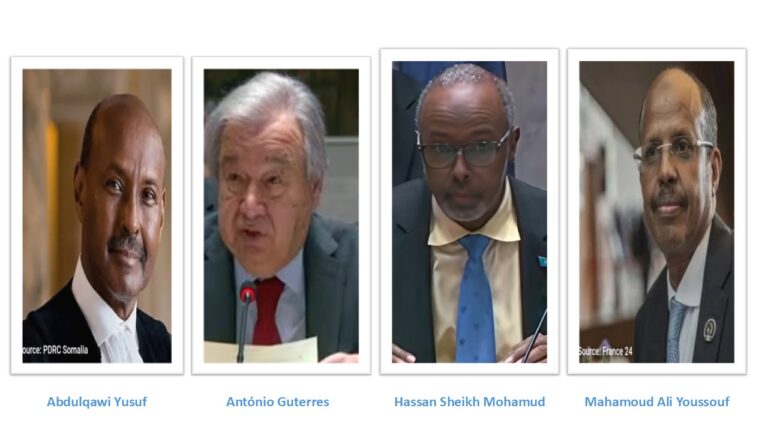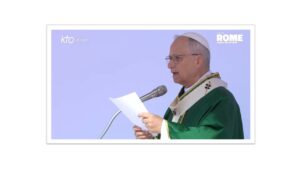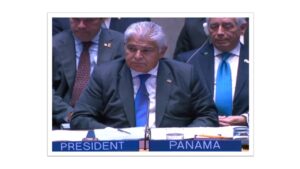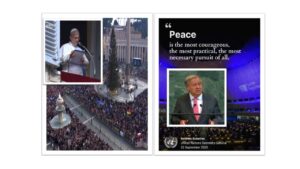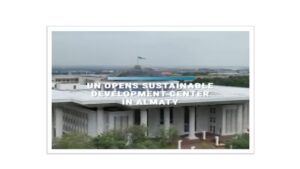
The UN Secretary General – António Guterres and His Excellency President Kassym-Jomart Tokayev witnessed the opening of SDGs Center for Central Asia and Afghanistan in Almaty, Kazakhstan following the signing – “Host country agreement”. This Centre represents the opening of a new chapter for the region and for the collective journey towards Sustainable Development Goals (SDGs). It symbolizes new era of cooperation in Central Asia, which is grounded in shared priorities and solutions, while holding great potential for showing how strong bonds among region’s leaders enable them to translate into deeper economic integration for the benefit of all people. This is more essential than ever; and specially H.E President Tokayev’ key roles on his vision and leadership in helping to shape Central Asia becomes more a fundamental power in the world order.
The Center will serve as a hub for regional collaboration, a laboratory for ideas and a launchpad for action. It will bring together governments, UN country teams, civil society, academia, private sector, regional organizations, and financial institutions – to develop coordinated-country-led efforts, and to tackle some of the most pressing challenges of our time – from climate change and water scarcity to youth unemployment, gender inequality and digital exclusion.
The Centre has been mandated by the General Assembly, and waiting for its operationalization – currently, terms of reference being finalized and leadership appointments to follow. It is expected this Center translates as a collaborating venue for working together in contributing the acceleration progress toward 2030 Agenda in Central Asia and Afghanistan – driven by the spirit of solidarity and shared responsibility that defines the United Nations.
The target of 2030 is only five years away – factually, it is far from the destination. The world is facing complex and interlinked challenges that threaten sustainable development. Poverty is stalling. Hunger and malnutrition are plaguing societies. Inequalities are deepening. Conflicts continue to tear communities apart, and climate crisis is accelerating. In Central Asia, climate change is already draining water supplies, melting glaciers, and fueling natural disasters. The shrinking of Aral Sea is a stark reminder of region’s environmental vulnerability. Rising trade tensions and global uncertainty compound these risks. The region’s landlocked geography presents additional barriers – to trade, connectivity, financing, and access to global markets.
It is expected the Centre can help ensure that the aspirations of landlocked nations are not constrained by geography – but can empower by cooperation and regional solutions. It will build on the region’s greatest asset, which is its people. Young people, women, entrepreneurs, and civil society – these are the true engines of progress, driving the innovation and resilience needed to leave no one behind. The Centre will support data-driven policy, spark innovation, and amplify the voices of those too often unheard. And nowhere is that cooperation more urgent than in our support to Afghanistan. The people of Afghanistan continue to face immense hardship – from entrenched poverty and mass displacement to earthquakes, climate shocks, and a fragile humanitarian landscape.
Almaty is a fitting home for this Centre. This is a city of history, resilience, and vision; and Kazakhstan is no longer a landlocked country. Kazakhstan is a center in the global trade system. A center in global logistics, transportation and the telecommunication system with its corridors on roads, railways, fiber optics and transforming this country into really a bridge from East and West, North and South.
Related link:
UN opens sustainable development center in Almaty | AnewZ_TV

